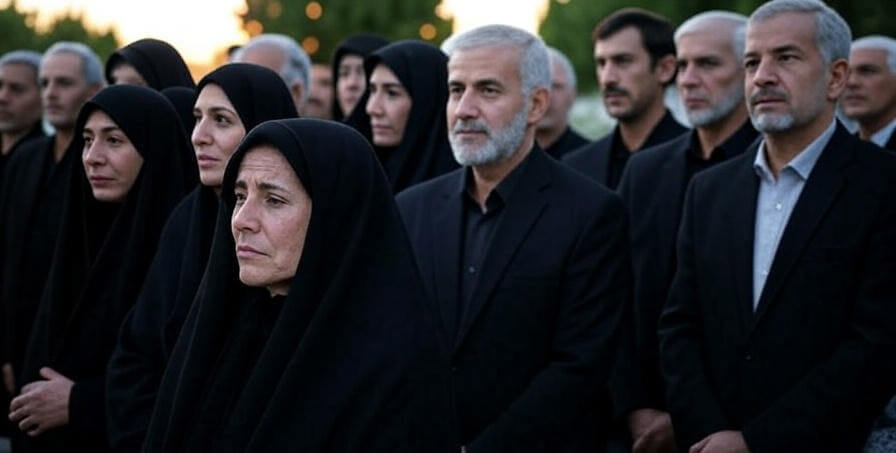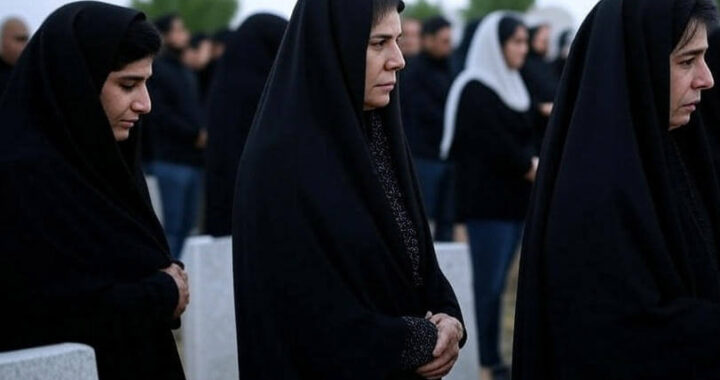In Iran, burials and funerals follow both religious and cultural customs. Most people in Iran are Muslim, and they follow Islamic rules when someone dies. The funeral process is simple, but it is full of respect and meaning.
What Happens Right After Death?
When a person dies in Iran, the body is washed, wrapped, and buried fast. Islam teaches that the body should be buried within 24 hours. The body is washed three times in a place called the “ghusl khaneh.” Then, it is wrapped in a white cloth called a kafan.
Family members and close friends often help with these steps. Ahmad, a man from Tehran, helped wash his father’s body with the help of a mosque worker. “It was hard,” he said, “but it made me feel close to my father.”
After wrapping, the body is taken to the mosque. There, people pray over the body in a service called Salat al-Janazah, the funeral prayer.
How Is the Burial Done?
The body is taken to the cemetery. Most Iranian cemeteries are quiet and simple. Men carry the body to the grave. The body is placed in the grave on its right side, facing Mecca. Stones or wood are sometimes used to hold it in place.
Graves are often marked with simple stones. These may include the name, date of birth, and date of death. Some famlies choose to add a photo or a short poem.
After the burial, people throw dirt into the grave. They recite short verses from the Quran. Many people cry or hold each other. This is a time of deep sorrow.
What Happens After the Burial?
After the burial, the family holds gatherings. These take place on the 3rd, 7th, and 40th days after death. People come to the family’s home to pray and offer support.
On the 40th day, called Chehelom, people often visit the grave. They bring food, flowers, and candles. It is a time to remember the dead and support each other.
Maryam, a woman from Shiraz, said, “When my sister died, I was in shock. But on the 40th day, so many ppl came. We prayed together. It helped me heal.”

Why Is the Funeral Important?
Funerals in Iran are not just about the body. They are about the soul and the family. Muslims believe that death is not the end. They think the soul moves on to the next life. So, the funeral is a way to send off the soul in peace.
It is also a way for the community to show care. When people come to the funeral, it means they care for the dead and the family.
Many Iranians believe that helping with a funeral brings reward from God. That’s why even strangers may come to help. It is seen as a good deed.
A Community Effort
In Iranian funerals, people work together. Neighbrs cook food for the family. Friends help clean the home. The mosque may offer space for prayer.
These customs help the family feel less alone. Reza, a young man from Isfahan, lost his uncle last year. He said, “So many ppl came to our house. They brought food, they prayed, they stayed. It made a big diffrence.”
Final Thoughts
Funerals in Iran are deep in meaning. They follow Islamic rules, but they also show love and care. From the moment of death to the 40th day, each step shows respect for the dead.
These customs give comfort to the living and honor to the one who has passed. Even in grief, people find strength in faith, family, and community.
In this way, Iranian funerals are not just a goodbye. They are a way to remmber, to heal, and to hope.

